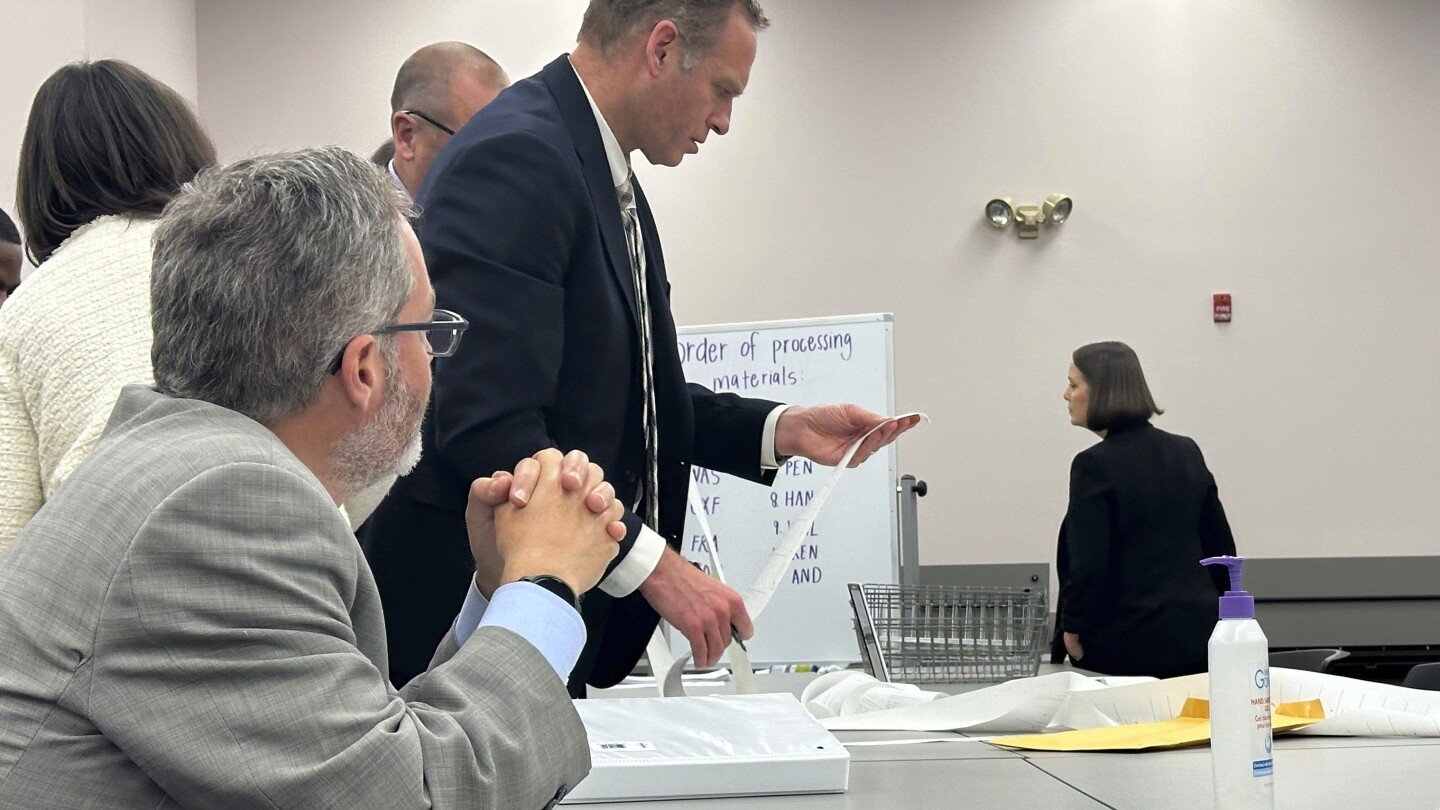Summary
Voters across eight states, including Arizona, Colorado, and Nevada, rejected ballot measures for election reforms such as ranked choice voting (RCV) and open primaries, despite a $110 million push from advocates.
The movement, inspired by Alaska’s 2020 adoption of these reforms, failed to gain traction, with critics citing confusion and doubts over RCV’s benefits.
Some reforms succeeded locally, including in Portland, Oregon, but opposition remains strong.



There’s still a lot of education that needs to be done on these topics, it’s all still pretty niche among the broader public.
Totally agree. In 2000, during the hanging chad debacle, I had a philosophy professor completely shift our class to the philosophy of voting. I found it endlessly fascinating and opened my thinking around voting. Here’s some good info on the topic: https://plato.stanford.edu/entries/voting-methods/.
We should be pushing approval voting instead, the educational barrier is way lower and both RC and approval are a load better than FPTP.
That’s exactly why we shouldn’t quibble over them too much.
In other words, now is a good time to make the argument you’re making. However, I also saw people making that sort of argument just before the election, after the decisions about what to put on the ballots had already been made, and in that context the argument come across as anti-RCV concern trolling.
This right here is why people get confused. Cause someone always pops up and says “no we should do this whole different method instead” and the waters get muddied.
I’m only saying this because the vote failed everywhere, clearly it’s a strategy problem.
If you ask anyone on the street if they would want more moderates and parties in office, a large majority would agree, so if that’s the goal, the question is, how do we get there. Ranked choice is great, but it’s not optimal in either how the tallying determines a winner, or in convincing people this is better. Approval voting is clearly easier to explain and probably convince people it’s better. So now that the vote has failed, we should reassess our strategy from ranked choice to approval voting.